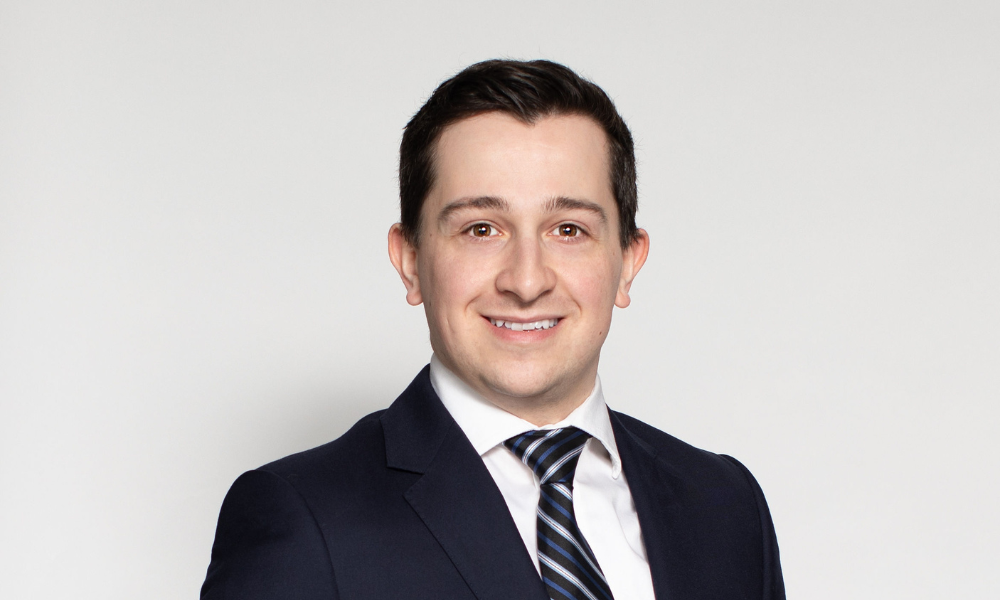Even with their tech edge blunted, Rausch says young advisors can be valuable partners to clients from both older and younger generations.
Among clients in their 50s and 60s, there may be a natural preference to trust people from the same time and situation, which could be an obstacle for those working with a fresh-faced advisor for the first time. But once they get past that initial stage, Rausch says, they can appreciate other advantages that a younger professional can bring to the table.
“Clients from the Baby Boomer generation with a lot of wealth may be thinking about retiring and selling their assets, but might not necessarily consider that advisors from their generation are doing the same thing,” he says. “They’re realizing that some grey hair is good, though they might also want that younger, fresher face that’s going to be with them the whole time.”
With potentially several more decades of life in front of them, Rausch says mature clients can benefit from building a relationship with a younger advisor who can help set their plans for retirement and beyond in motion, and keep those plans on track.
For the younger crowd of clients, Rausch highlights the need for guidance as they receive a torrent of financial information from various sources. The extreme example, he notes, comes from content served up through YouTube or Tiktok videos that explain financial concepts or strategies.


